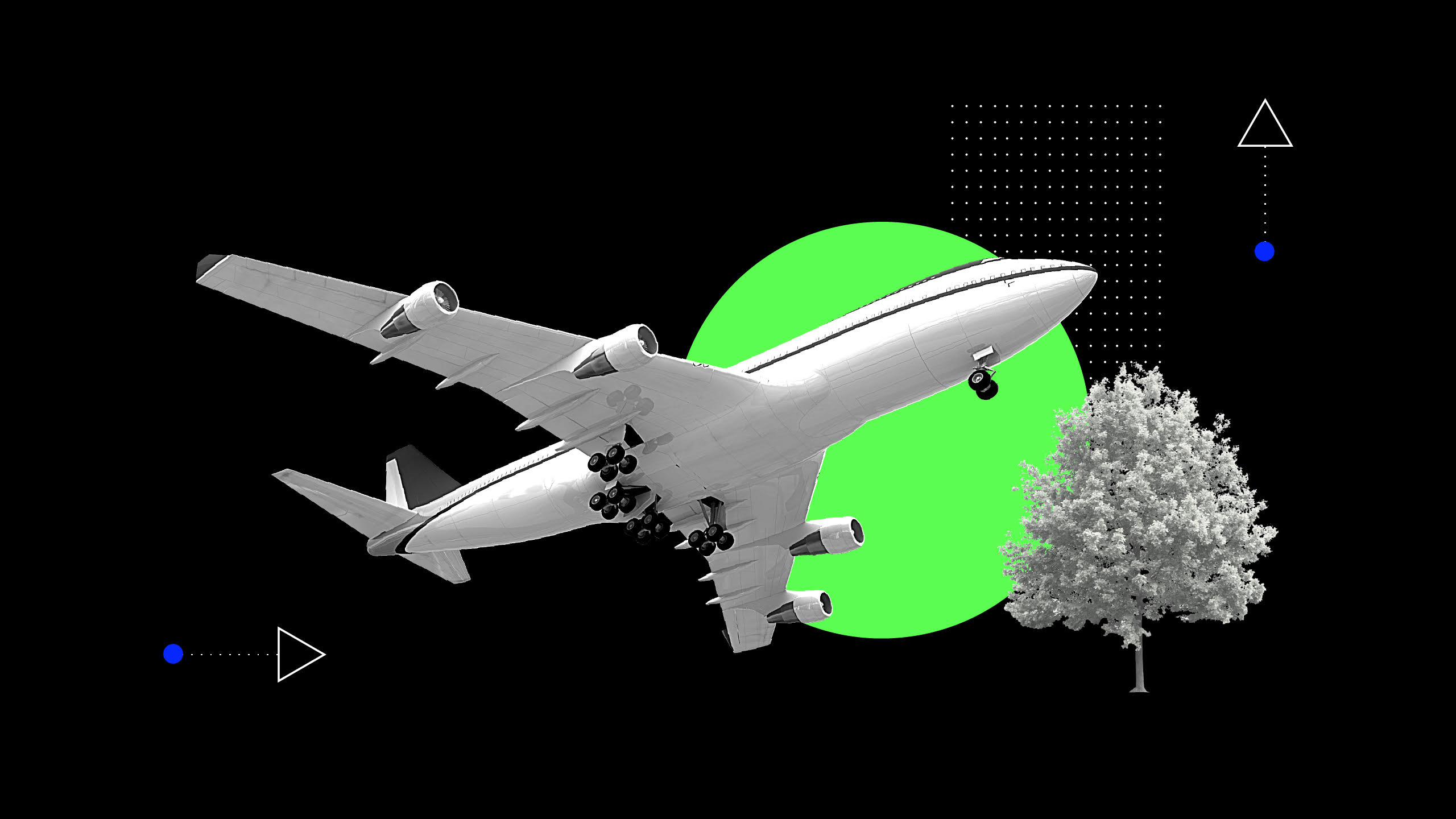
Planes Are Made to Fly: How to Drive Customer Experience, Operational Efficiency and Sustainability with Insight-driven Process Analytics
As companies become sophisticated in using process mining and advanced analytics to advance sustainability, customer experience and other goals, the deep connections across domains of optimization become increasingly clear. At the beginning, these connections are a surprise, but as more and more experience is gained, it becomes standard practice to always be going for a two-fer, advancing more than one goal with each step forward.
A great example of how to succeed at this was shared by Lufthansa, presented by Deloitte, at Celosphere 2021, during two sessions. Lufthansa, the largest German airline, and combined with its subsidiaries, the second largest European airline, has built a thriving Center of Excellence (COE) that uses process analytics and Execution Management to transform essential corporate processes that drive the company’s commitment to sustainability. The COE ensures that Lufthansa’s aircraft fleet does what it’s supposed to do: namely, stay in the air as much as possible. After all, planes are meant to fly. However, that’s often easier said than done — especially during a worldwide pandemic. Yet, Lufthansa is making progress anyway.
Here are some of the key insights from their partnership with Celonis.
The First Step: Creating a Center of Excellence
Lufthansa needed insights faster. They have long been a company that used data to improve processes, but they wanted to get business value from data in days rather than months. To achieve this, they created a Center of Excellence (COE) for process digitization.
Both sessions spotlighted how integral the COE is to Lufthansa’s efficiency and sustainability efforts. The COE bundles internal Process Mining and automation with a community of experts who share best practices and drive change across the organization. One of the most important features of the COE is how it connects experts in different business units. The “Lufthansa CityLine” session focused on how regular peer group exchanges have led to company-wide innovations. Those exchanges have created open communication, scaling of successful use cases, Execution Management, and the ability to build on already successful projects.
Insights in Action
To operate an airline as profitably as possible, they need to minimize the time planes are on the ground. Yet, the ground time is also vital for maintenance, service, cleaning, and crews. The result is when planes are on the ground between flights, airlines have a tremendous amount of pressure to complete indispensable work as efficiently as possible.
The “Planes Are Made to Fly” session homed in on how to improve overall processes. Lufthansa’s COE enacted PROMOTE — Process Mining for Operational Excellence. The PROMOTE model allows for end-to-end transparency in all processes coupled with a continuous improvement approach. Lufthansa’s COE enables it to compare all processes against reference points and identify abnormalities immediately. Additionally, it gives insight into not just the results of processes, but their sequence and the time it takes to complete them. An example of this is examining how long it takes to service planes while they’re on the ground in-between flights and what can be done to minimize that time as much as possible.
Despite the economic pressures faced by the entire airline industry due to the pandemic, Lufthansa has never wavered in its sustainability commitment and has actually found remaining focused on it, along with operational efficiency and customer experience, actually improved its bottom line.
Customer Satisfaction and Sustainability Go Together
The main focus of Lufthansa’s current digitization strategy is to continuously increase operational efficiency. This includes the experiences of their customers.
Because of COVID-19, airline passengers spend more time at the airport than ever before. In many locations, they have had to arrive early to be tested, which adds to the already complex process of checking in, dropping off baggage, and making it to the gate for an on-time departure. The “Planes Are Made to Fly” session illustrated how Lufthansa’s COE has used process analytics to scale up testing for passengers in an efficient and hassle-free experience.
To do this, Lufthansa’s COE has utilized predictive process management based on AI to track both customer experience, maintenance issues, and freight. For customer experience, the AI helps Lufthansa analyze what parts of the pre-boarding process are most time-consuming or problematic for travelers. For maintenance, using historical data, the AI can predict whether maintenance needs to be rescheduled or can actually be completed in an allotted time. The “CityLine” session covered how Lufthansa’s new integrated view and monitoring for freight cargo has led to efficiency gains. All of these efforts improve efficiency, which also means less time on the ground and higher customer satisfaction.
How Process Analytics Bolster Sustainability
Lufthansa’s COE doesn’t just improve customer satisfaction and maintenance scheduling — it also directly impacts the company’s sustainability efforts.
Lufthansa has had a long-standing commitment to being one of the most sustainable airlines in the industry, not just with fuel usage, but also in areas such as energy and resource management and reducing plastic. This is an especially important focus for the company because air travel requires so much fuel consumption. The company’s COE has found that their process analytics often address efficiency and sustainability simultaneously.
This is especially apparent when it comes to tracking fuel usage. The lighter a plane is, the less fuel is consumed and the more CO2 that can be saved. Recognizing this, Lufthansa has used their COE’s data dashboards to make their fuel usage more transparent than ever before. The “CityLine” session discussed these efforts.
Pilots have a great deal of discretion when it comes to ordering fuel for a flight. They receive Operational Flight Planning updates before a flight with recommendations on fuel usage based on historical data. But pilots can order more fuel if they feel it is necessary. This can result in over-ordering, which leads to overconsumption, because again, the more a plane weighs, the more fuel it uses. Over-ordering costs the company more and expands its carbon footprint.
With their data mining and data processing operations, Lufthansa is able to track over-ordering and overconsumption thoroughly and provide feedback to pilots when they over-order due to changing weather conditions. The company’s goal is to get the estimated and actual fuel amounts as close as possible to ensure planes are only flying with the fuel they need. Additionally, they discovered that to get fuel orders as accurate as possible, up-to-date information as close to departure as possible is vital for crews to be able to make the safest and most fuel efficient decisions.
Optimization Is Sustainability
Lufthansa’s experience shows that a COE is an on-going process, just like true sustainability efforts. The COE forms the foundation of this continuous optimization that meets all three of the company’s goals of customer satisfaction, operational efficiency, and sustainability. For Lufthansa, sustainability isn’t something that is done in addition to its efficiency focus — the two are in tandem. They truly can’t be done successfully without this integration.
For more on how sustainability, efficiency, and customer satisfaction go together, check out more from the full Sustainability Panel Session from Celosophere 2021 on On Demand. You can view the Planes Were Made To Fly and Lufthansa Cityline session.



